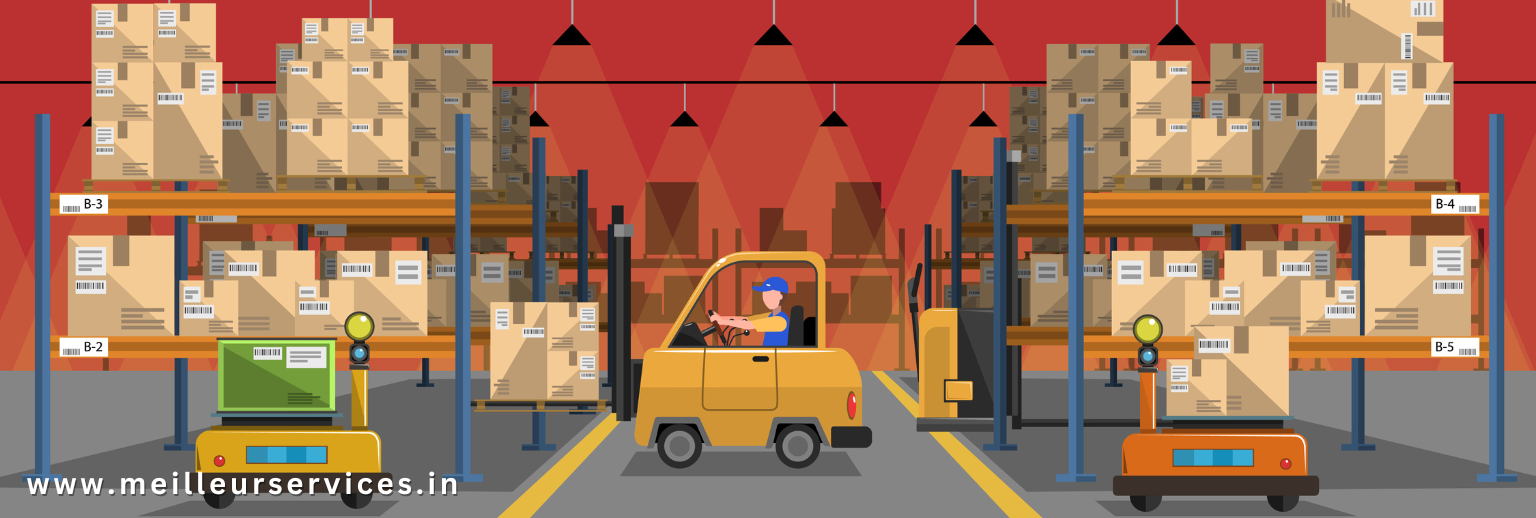What is Logistics Management?
Logistics management is the part of the supply chain process that plans, implements, and controls the efficient, effective flow and storage of goods, services, and related information from the point of origin to the point of consumption to meet customer requirements. Logistic resources, such as tanks, pipelines, and ships, have the main objective of making products, equipment, and raw material flow easier throughout processes to maximize profits. The logistic resources configuration mostly is applied to systems for its dependence and related demands and supply of products. In general, in logistic model assessment, equipment reliability, which highly influences profits, is not considered. A supply chain like this will face delivery delays at every moment, erroneous consumption estimations, cargo losses, spontaneous peak consumptions and other unpredictable events. All these mishaps may provoke stock ruptures at any moment of the chain, which may result in dramatic consequences, to the point of human casualties.

